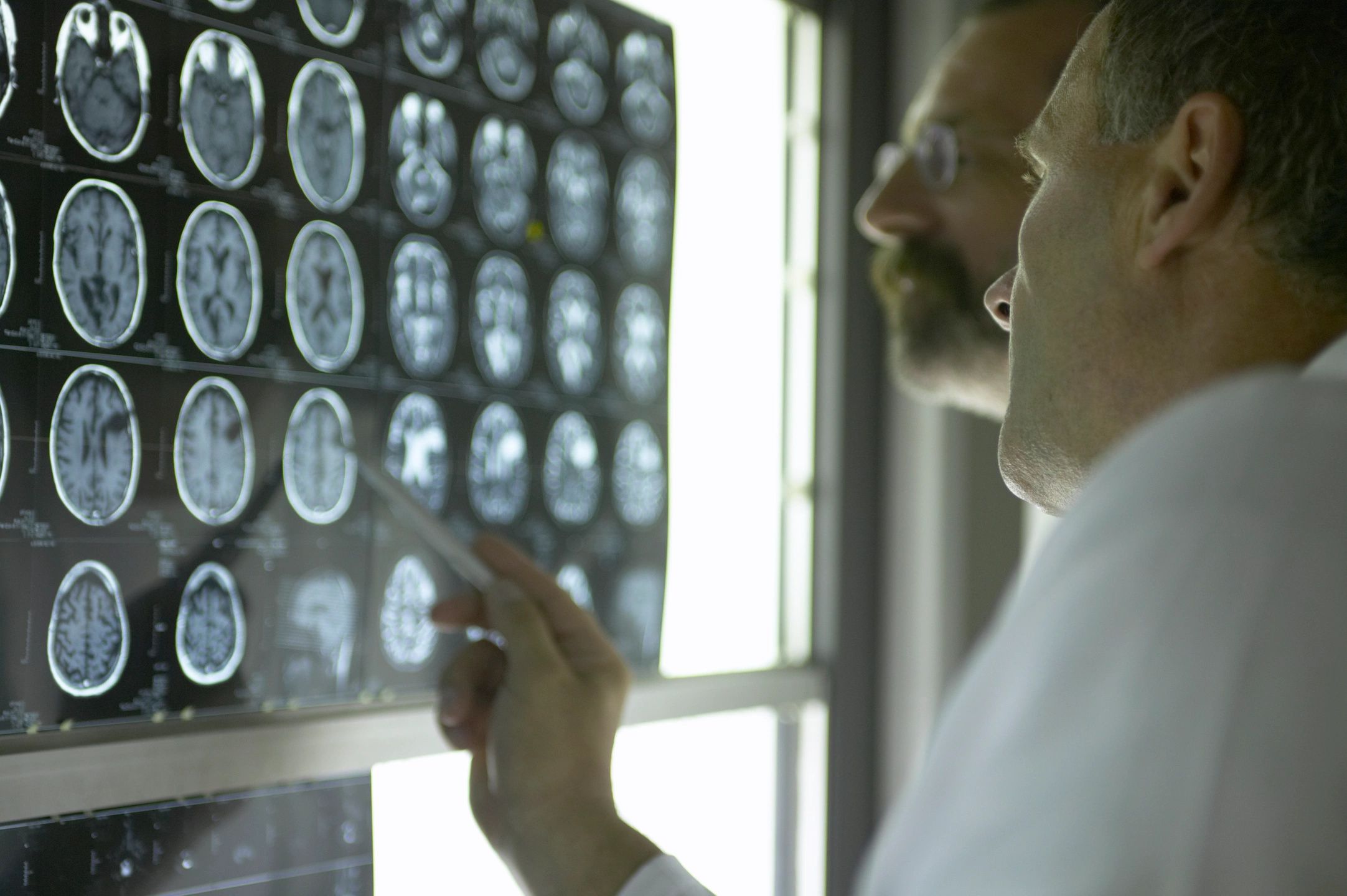
There are many reasons for this belief – Especially with how scientists continue to find nature surprisingly more complex than recently believed. This is not a principle subject of this site. However, below are posted some reasons to believe in intelligent design.
As time goes on, scientists are amazed at nature – Especially creatures. But how could these things happen by chance? How is it that eyes of different creatures are different shapes and sizes and yet all focus light with the right size lens and distance from the surface to receive the light? Then the light is translated for the brain to receive and process it! How could a lens create itself by chance? Or, how could the process of converting the light waves into electrical signals and transmitting those signals to the brain to be understood by the brain happen by chance? Evolution can’t explain this. But intelligent design can!
If evolutionists believe that it is easy for nature to create a fully functioning cell with all its parts such as mitochondria and chromosomes, not to mention the DNA involved, why haven’t scientists created one from scratch yet? If it is so hard to do in the laboratory, how much harder is it in nature?
If someone took all the individual parts of a new car and put them in a big box and shook it for billions of years, do you think that you would ever see a completed car? Let us say, for argument’s sake, that the car assembled itself by chance. Now, how long would it take for it to “learn” to reproduce? Absurd! Yet, how much more complex a real life organism is than a car. That goes to show absurd that the belief that life originated by chance is.
Theories based upon evolution are based upon reaction, not proaction.
Take the example of the human eye and its complexity. How could the eye “know” to design a flexible biological lens that is structured to automatically focus light waves onto rods and cones onto the back of the eye? And then to turn the wavelengths of light into signals to be transported to the brain? Then to deliver the signals to the correct regions of the brain so that you can understand what you are reading at this very moment? That could not happen by chance or reaction.
The octopus has a brain for each of it’s arms
There is a creature that can change crystals in it’s skin cells to reflect different colors of light
- Evolution (the teaching of things happening by chance) can’t explain how the skin cells of this chameleon “evolved” in order to “know” how to space themselves in order to reflect different wavelengths (colors) of light. How would a cell know how to change the distance between crystals to reflect a certain wavelength (color) of light?
There’s a creature that has eye lenses made of rock and it continually replaces them
Epigenitics:
This is a “newer” branch of science which basically studies what directs a gene to “express” itself. As an example: How does a gene express itself to “know” how to form an ear or a heart or a lens of an eye? And how does it “know” how to interconnect with other parts? Our entire body is made of the same genes. We have the same genes in our hair that we do in our veins or toes or ear drums or bones. What has scientists amazed and wondering is how the genes “know” how to express themselves in such complex ways so as to create all these body parts which are so different and yet work so well together. Scientists seem to be afraid to speculate on how many different “recipes” there could be. Certainly in the millions.
The same genes that make up our lungs make up an eye lens. But how could the lens “know” how to be “transparent” to allow light through and at the correct angle? It is not glass or plastic like our glasses. And how could the rods and cones (made of the same genes) “know” how to convert the light colors into different electrical signals? And how could the optic nerve “know” how to transport the signals let alone transport them to the correct places in the brain? And how did the genes “know” how to create themselves into a brain that could receive the signals from the optic nerves? And how does the brain “know” something is pleasant or not pleasant to view? Not to mention how the brain understands emotions, morals, or how to read this!
Genetics:
There is a web site that helps explain the human genome project. A very interesting finding is that some scientists thought that man would have around 130,000 to 150,000 genes “because man is so much more complex.” However, as time went on, many scientists were stunned to find that humans have between 20,000 and 25,000 genes! A small roundworm has 20,000 genes! So, how can it be that a small roundworm can have just about as many genes as a human? That is where Epigenitics comes in. But with this additional “layer” of complexity, random happenings just can not happen as explained by current theories of evolution.
Some references are: TIME magazine Jan. 18, 2010 “Why Your DNA isn’t your destiny“ and Perceptions of Epigenetics
